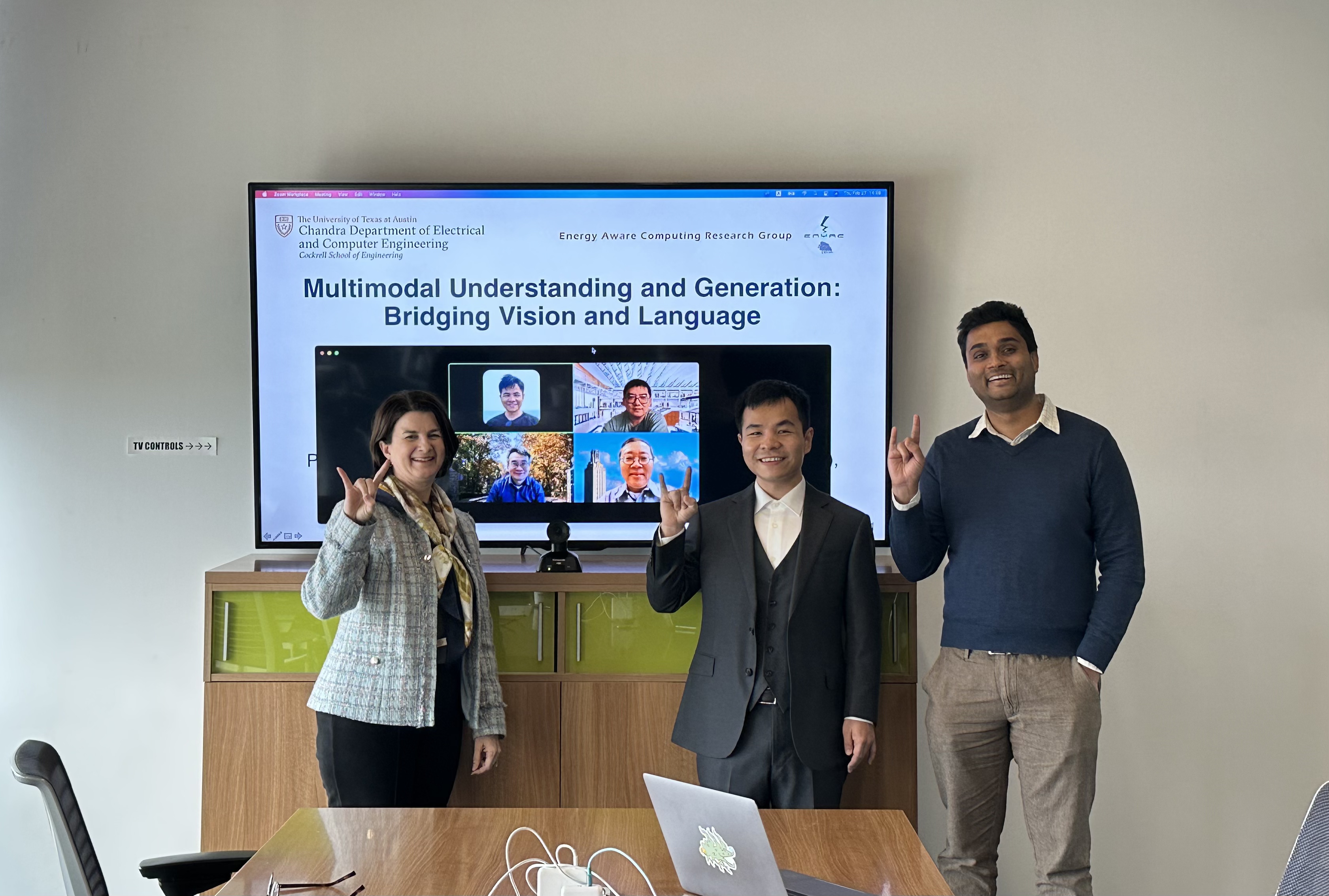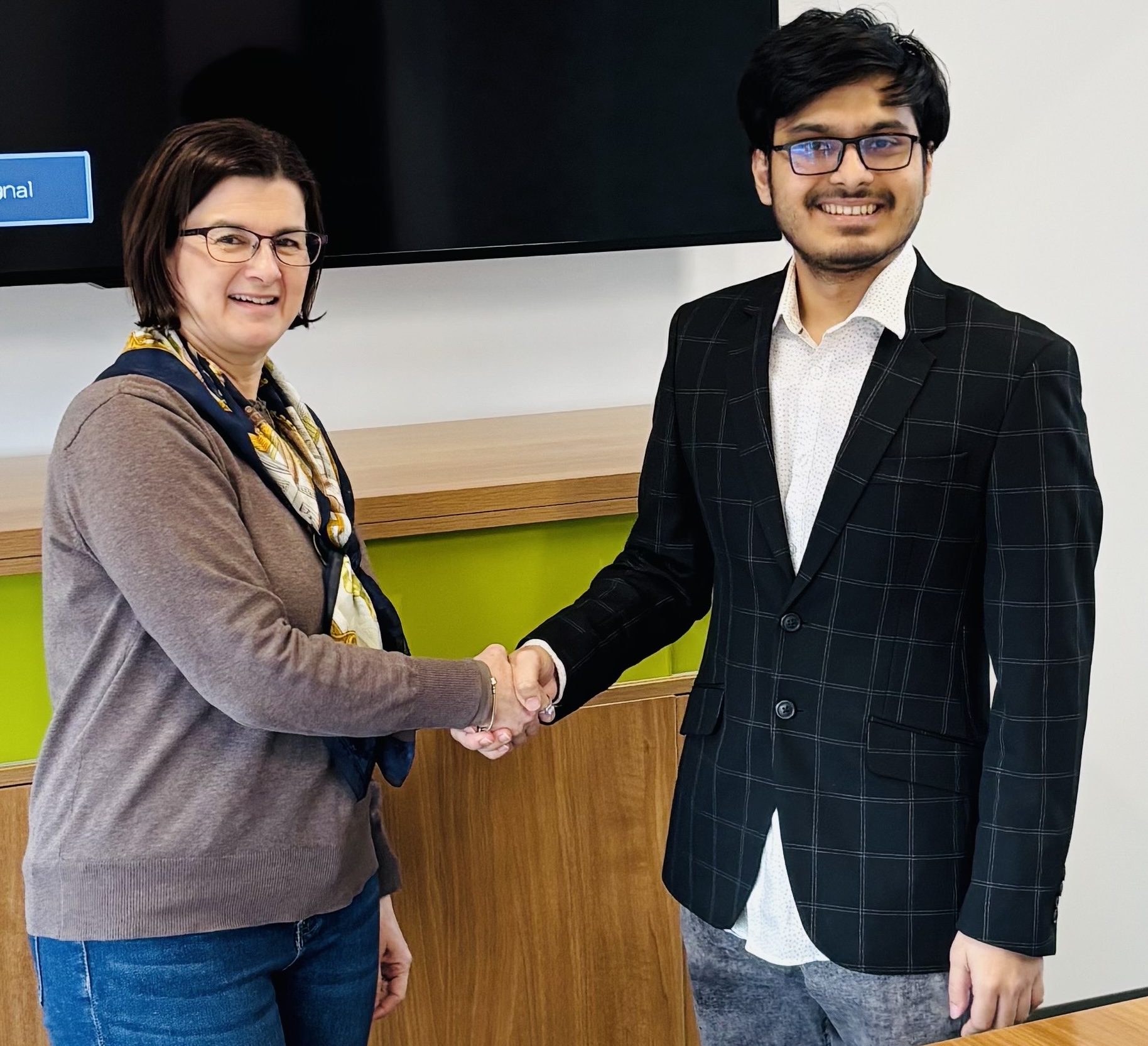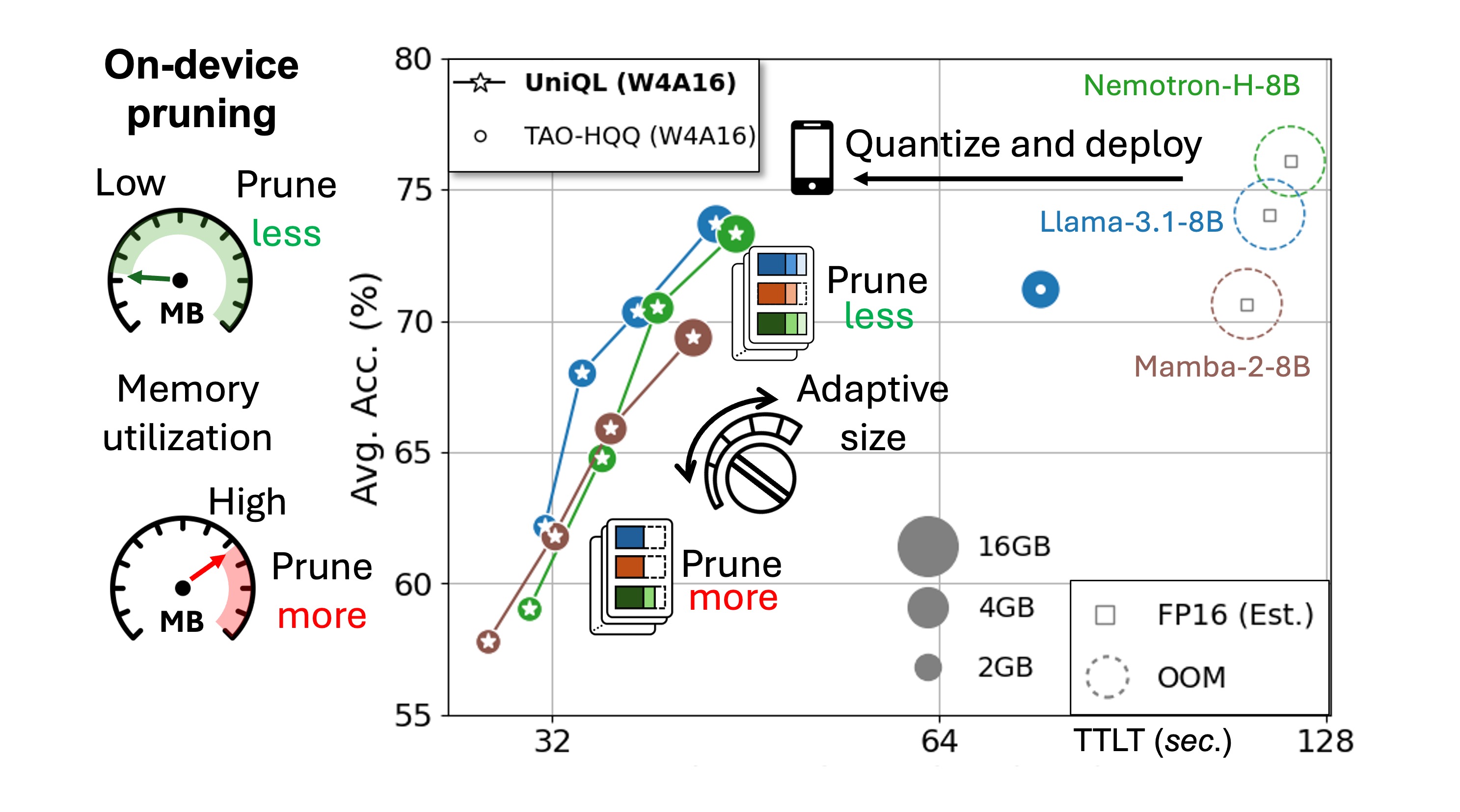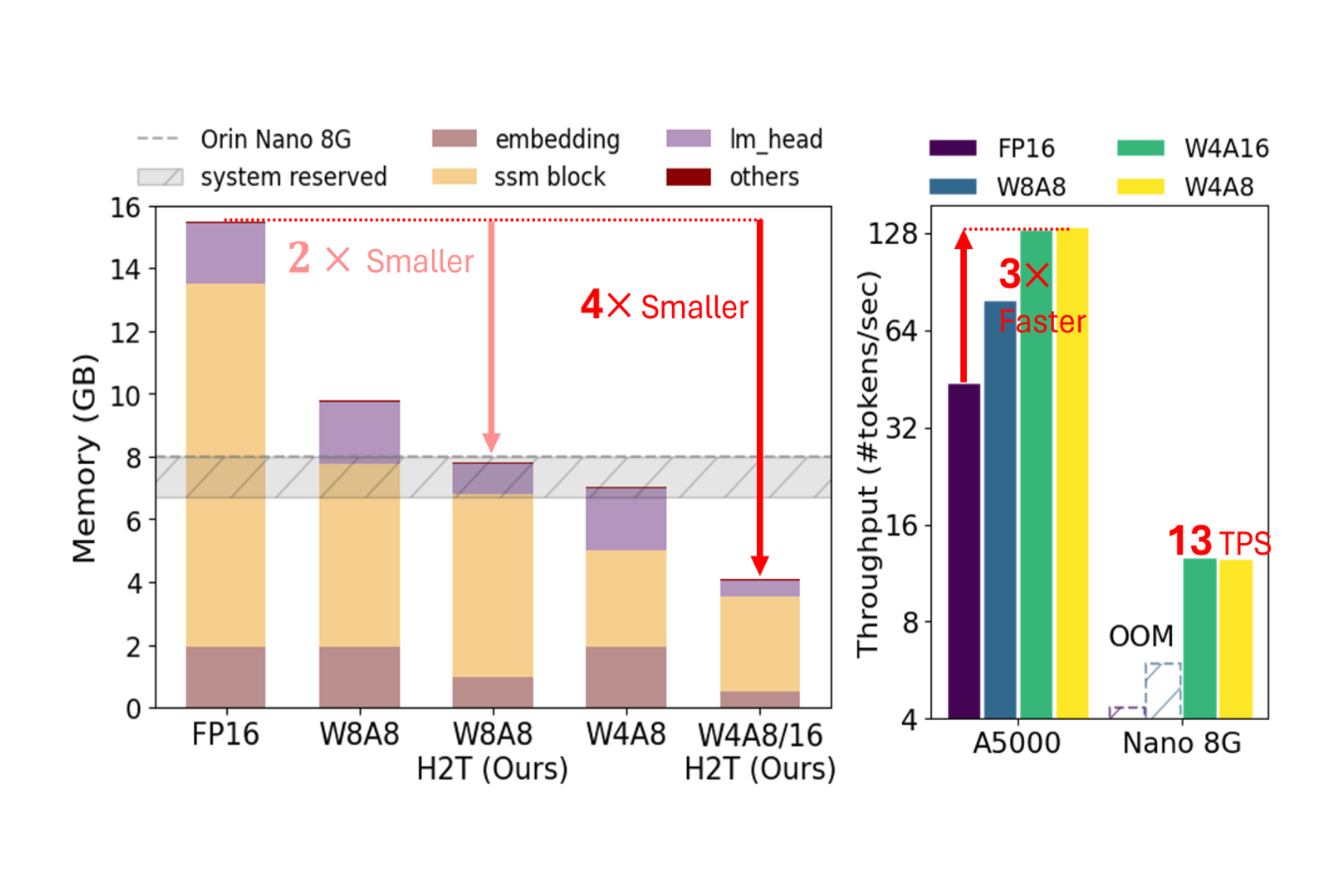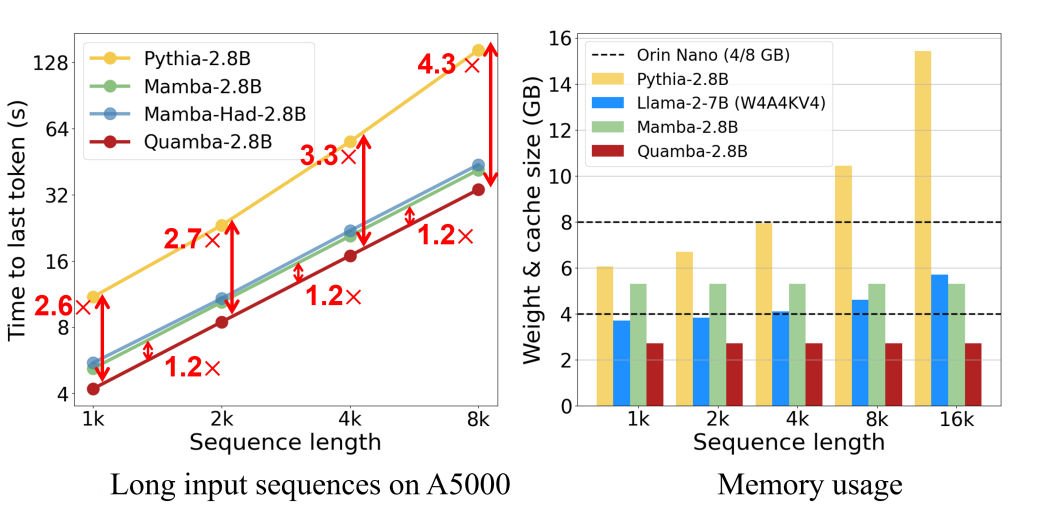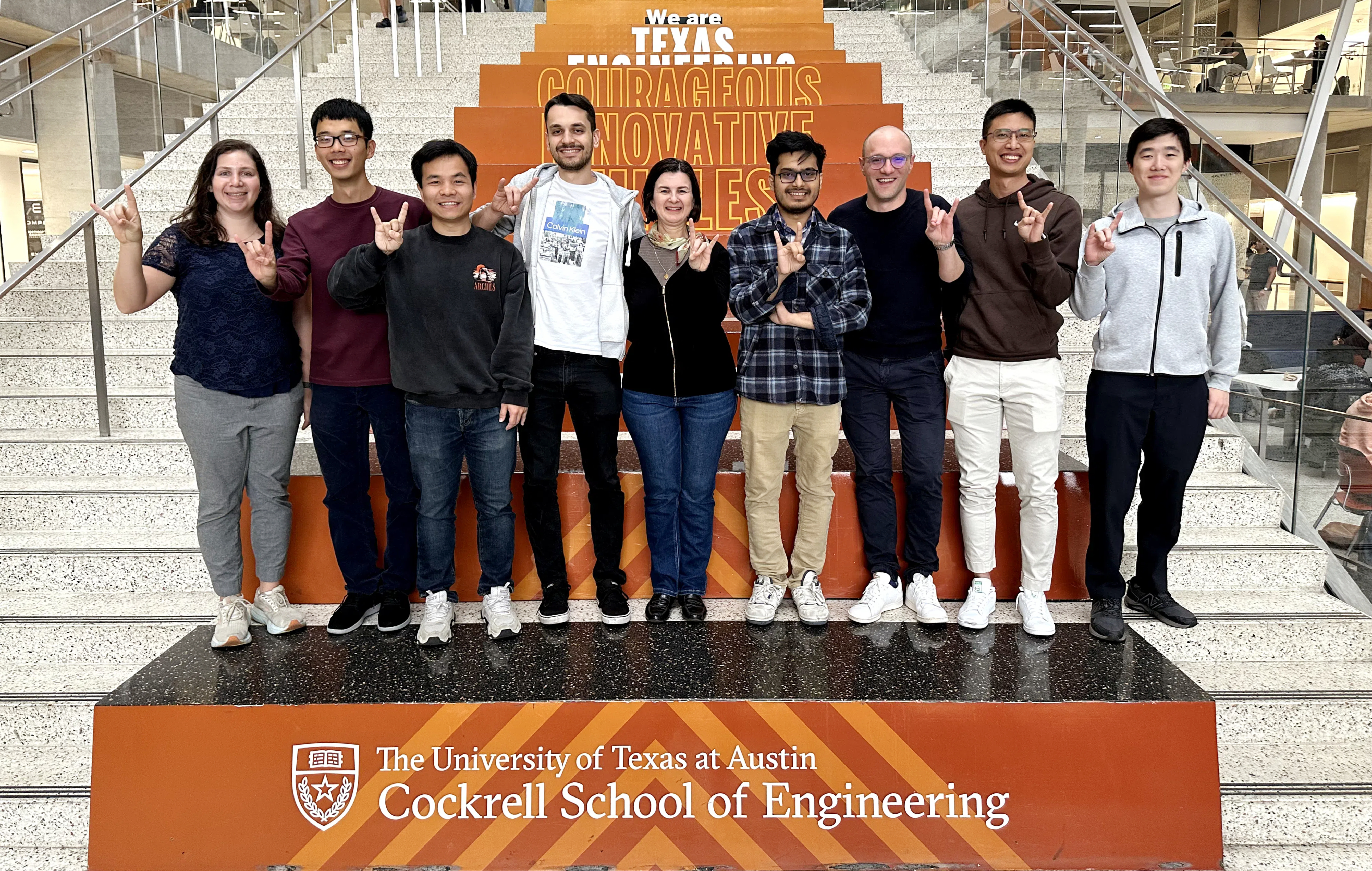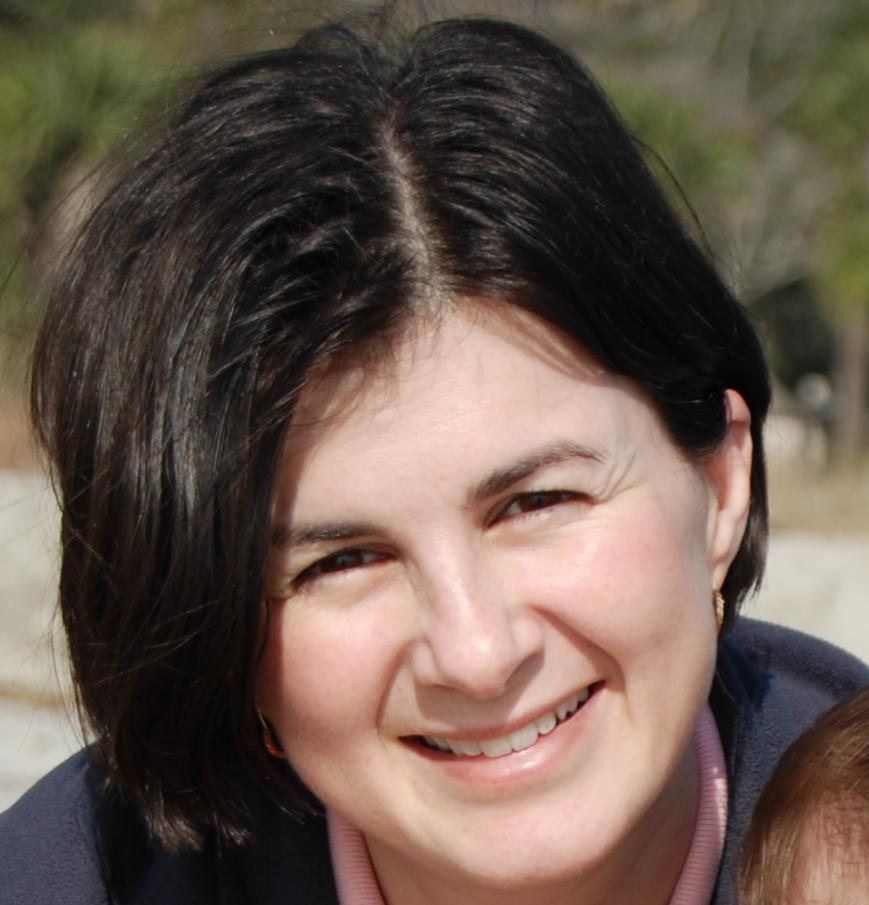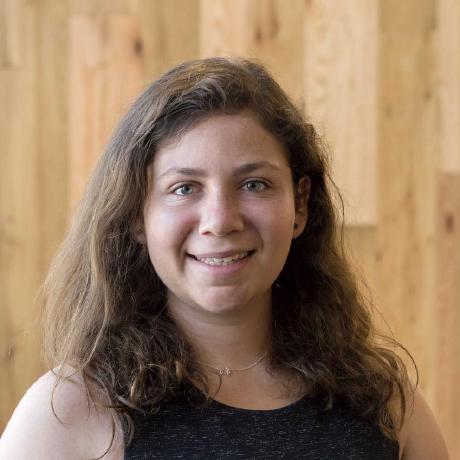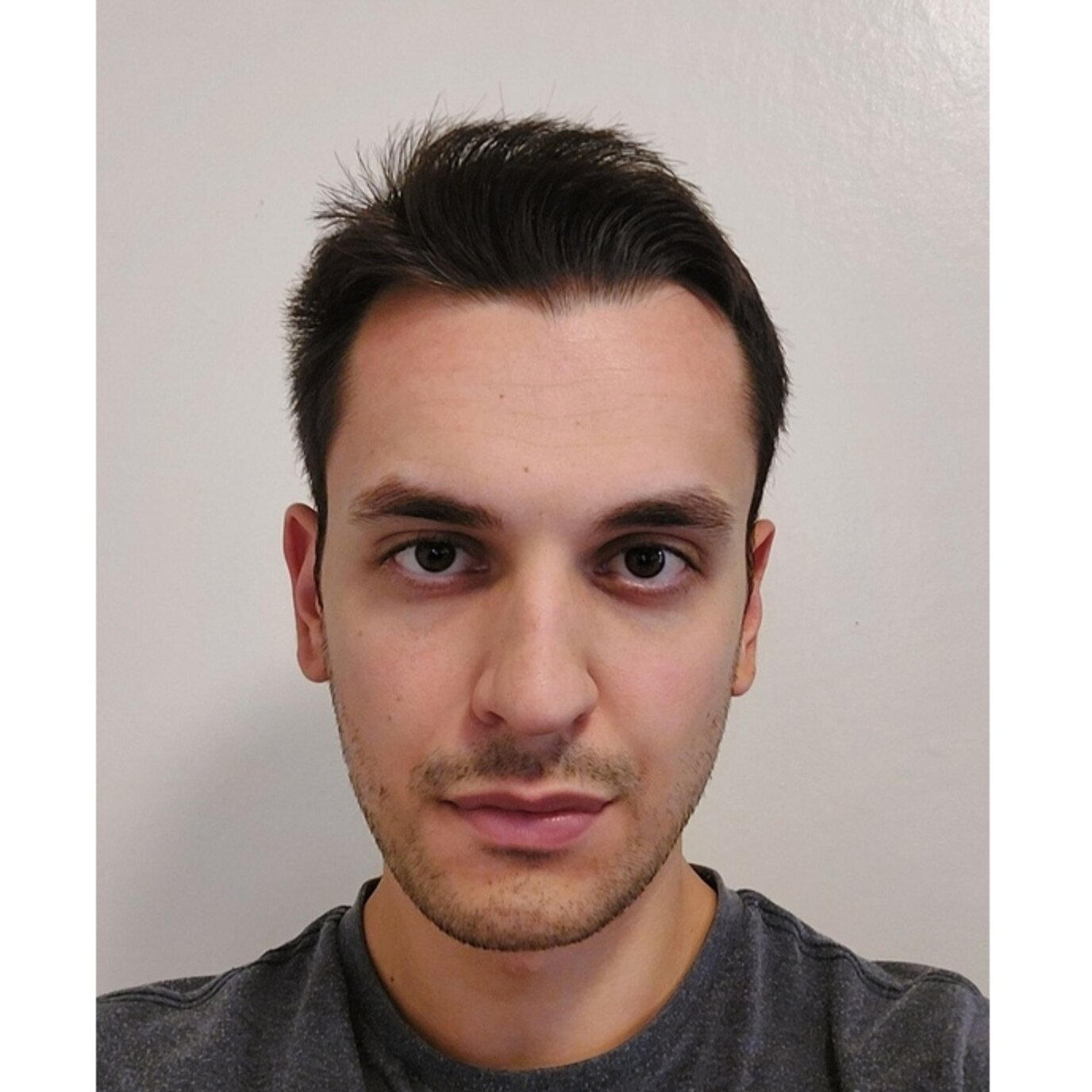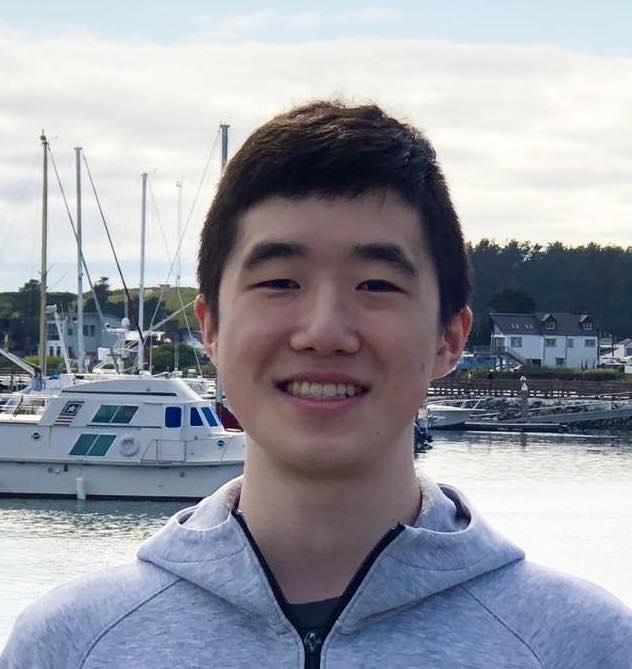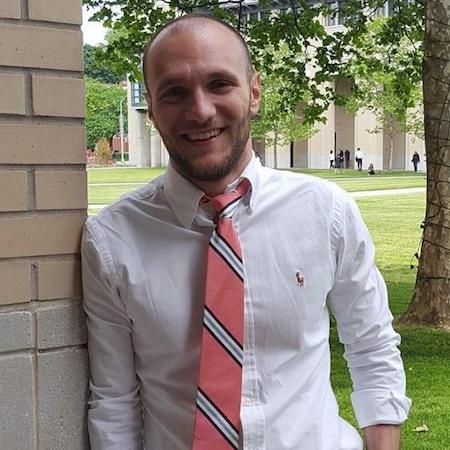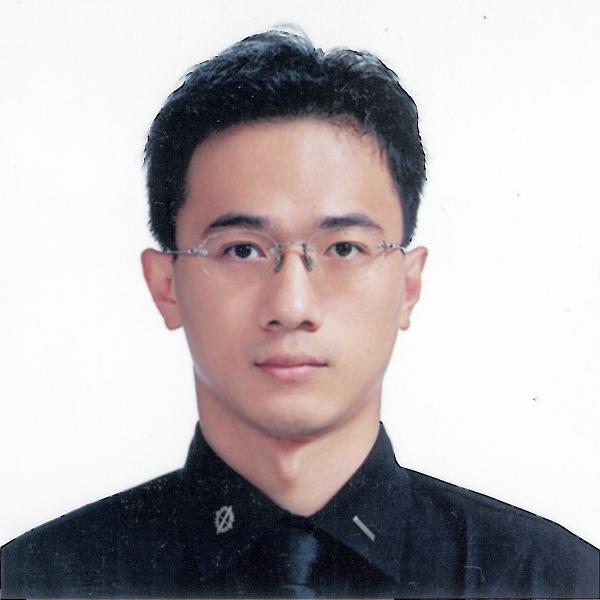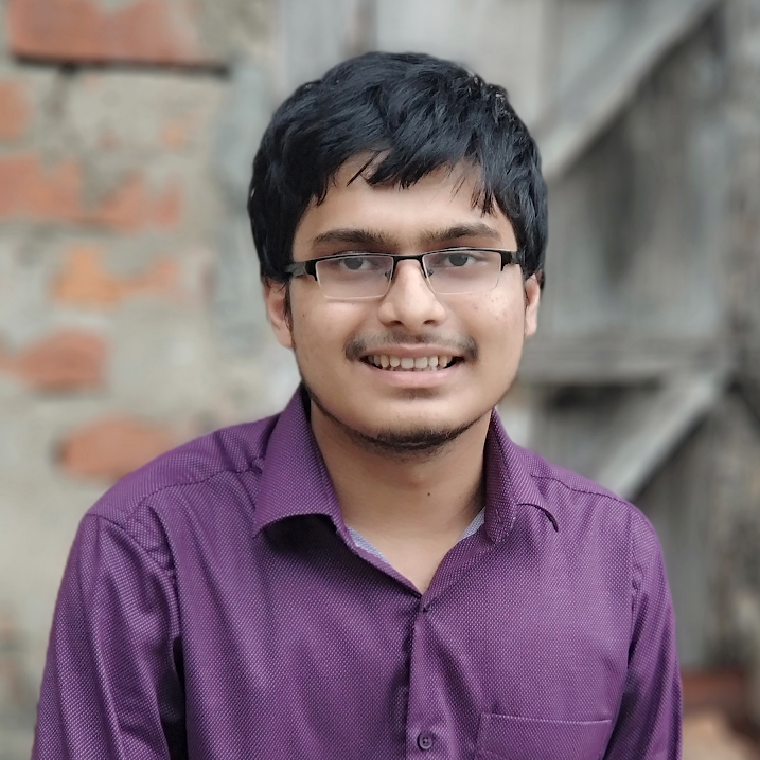EnyAC
Energy-Aware Computing Group
Our goal is to bring computational efficiency to applications with high societal impact.
We develop holistic solutions
spanning algorithmic, system, and architecture level.
Team
Research Projects
HARDWARE-AWARE MACHINE LEARNING
We develop accurate, platform‐specific power and runtime models for machine learning (ML) models and new hardware-aware ML model (co-)design methodologies that allow machine learners and hardware designers to identify the most accurate model configuration that satisfies given hardware constraints.
MACHINE LEARNING FOR EFFICIENT COMPUTING
Our work relies on statistical learning approaches for managing power and other resources in large scale computing systems and implementing computational kernels for on-chip learning in an energy efficient manner.
COMPUTING FOR SOCIAL AND LIFE SCIENCE APPLICATIONS
We have developed scalable and efficient approaches for modeling and analysis of river networks in the context of small footprint power generation and distribution. In the field of systems biology, we have demonstrated the effectiveness of hardware emulation for accelerating analysis of large cell signaling networks.
News
Quamba2: A Robust and Scalable Post-training Quantization Framework for Selective State Space Models to ICML 2025
2025-06
Congrats to Hung-Yueh!
Jeff successfully defended his Ph.D. thesis! Congratulations, Dr. Liang!
2025-02
Movie Weaver: Tuning-Free Multi-Concept Video Personalization with Anchored Prompts has been accepted in CVPR 2025
2025-02
Congrats to Jeff Liang!
Tanvir successfully defended his Ph.D. thesis! Congratulations, Dr. Mahmud!
2025-02
Looking Backward: Streaming Video-to-Video Translation with Feature Banks has been accepted in ICLR 2025
2025-01
Congrats to Jeff Liang!
Quamba: A Post-Training Quantization Recipe for Selective State Space Models has been accepted in ICLR 2025
2025-01
Congrats to Hung-Yueh!
Ada-VE: Training-Free Consistent Video Editing Using Adaptive Motion Prior has been accepted in WACV 2025
2024-11
Congrats to Tanvir Mahmud!
OpenSep: Leveraging Large Language Models for Open World Audio Separation has been accepted in EMNLP-main 2024
2024-10
Congrats to Tanvir Mahmud!
Blog post: Can GPT Models Detect Artifacts in Images?
2024-07
In our blog post, we find that while GPT-4/4o models are good at recognizing objects, they surprisingly struggle to identify obvious errors in images generated by diffusion models.
PaPr: Training-Free One-Step Patch Pruning with Lightweight ConvNets has been accepted in ECCV 2024
2024-06
Congrats to Tanvir Mahmud!
Two papers have been accepted in CVPR 2024
2024-02
Congrats to Tanvir Mahmud and Jeff Liang!
Weakly Supervised Audio Separation via Bi-Modal Semantic Similarity has been accepted in ICLR 2024
2024-01
Congrats to Tanvir Mahmud!
Two papers have been accepted in WACV 2024
2023-10
Congrats to Tanvir Mahmud and Kai-Chiang!
One paper has been accepted in FPT 2023
2023-10
Congrats to Endri Taka!
Jumping Through Local Minima (Evol-Q) has been accepted in ICCV 2023
2023-08
Congrats to Natasha Frumkin!
Open-Vocabulary Semantic Segmentation with Mask-adapted CLIP has been accepted in CVPR 2023
2023-02
Congrats to Jeff Liang!
MobileTL: On-device Transfer Learning with Inverted Residual Blocks has been accepted in AAAI 2023
2022-11
Congrats to Hung-Yueh (with Natasha and Jeff)!
AVE-CLIP: AudioCLIP-based Multi-window Temporal Transformer for Audio Visual Event Localization has been accepted in WACV 2023
2022-08
Congrats to Tanvir Mahmud!
Ahmet successfully defended his Ph.D. thesis! Congratulations, Dr. Inci!.
2022-07
Congrats to Dr. Ahmet Inci for successfully defending his Ph.D. thesis titled "Scalable and Efficient Systems for Deep Learning"!
Three papers accepted at ICMLW 2022.
2022-06
Congrats to Hung-Yueh (with Natasha and Jeff), Tanvir (with Natasha) and Yang (with Jeff and Rudy)!
One paper accepted at CVPRW 2022.
2022-04
Jeff's paper "ANT: Adapt Network Across Time for Efficient Video Processing" was accepted at CVPR ECV Workshop 2022!
Prof. Diana Marculescu's keynote speech at tinyML Summit 2021 is available online.
2021-08
Prof. Diana Marculescu's keynote speech "miliJoules for 1000 Inferences: Machine Learning Systems 'on the Cheap'" is available online. Check out the slide and recorded video!
Rudy successfully defended his Ph.D. thesis! Congratulations, Dr. Chin!
2021-07
One paper accepted at ECML-PKDD 2021
2021-06
Rudy's paper "Joslim: Joint Widths and Weights Optimization for Slimmable Neural Networks" was accepted at ECML-PKDD 2021!
One paper accepted at MLArchSys 2021
2021-06
Ahmet's paper "QADAM: Quantization-Aware DNN Accelerator Modeling for Pareto-Optimality" was accepted at the MLArchSys workshop (in conjunction with ISCA 2021)!
Our preprint for a journal extension of our DATE’20 work is out
2020-12
Ahmet's work on "DeepNVM++: Cross-Layer Modeling and Optimization Framework of Non-Volatile Memories for Deep Learning" is out on arXiv!
Paper accepted at EMC2 2020 workshop
2020-11
Ahmet's work on "The Architectural Implications of Distributed Reinforcement Learning on CPU-GPU Systems" has been accepted to the Energy Efficient Machine Learning and Cognitive Computing (EMC2) workshop for oral presentation! Thanks to our great collaborators at NVIDIA and Diana Marculescu!
Paper accepted at ECCV 2020 workshop on Embedded Vision
2020-08
Rudy's work on "One Weight Bitwidth to Rule Them All" has been accepted at Embedded Vision Workshop at ECCV 2020 as the best paper! Congratulations!
Paper accepted at AdvML workshop at KDD'20
2020-07
Rudy's work on "Improving the Adversarial Robustness of Transfer Learning via Noisy Feature Distillation" has been accepted at AdvML workshop at KDD 2020! Congratulations!
Paper accepted at workshops at ICML'20
2020-06
Rudy's work on "Pareto-aware Channel Optimization for Slimmable Neural Networks" has been accepted at RealML and DMMLSys workshops at ICML 2020! Congratulations!
EnyACers make it to QinF 2020 Final
2020-02
Rudy and Ahmet's proposal were selected as finalists for Qualcomm Innovation Fellowship 2020! Congratulations!
Paper accepted at CVPR'20 as oral presentation
2020-02
Rudy and Ruizhou's work on ``Towards Efficient Model Compression'' has been accepted at CVPR 2020 as oral presentation! Congratulations!
Paper accepted at WACV'20
2019-12
Zhuo and Ruizhou's work on ``ViP: Virtual Pooling for Accelerating CNN-based Image Classification and Object Detection'' has been accepted at WACV 2020! Congratulations!
Paper accepted at DATE'20
2019-11
Ahmet's work on ``DeepNVM: A Framework for Modeling and Analysis of Non-Volatile Memory Technologies for Deep Learning Applications'' has been accepted at DATE 2020! Congratulations!
Paper accepted at ECML-PKDD'19
2019-06
Dimirios and Ruizhou's work on ``Single-Path NAS: Designing Hardware-Efficient ConvNets in less than 4 Hours'' has been accepted at ECML-PKDD 2019! Congratulations!
Paper accepted at CVPR'19
2019-03
Ruizhou and Rudy's work on ``Regularizing Activation Distribution for Training Binarized Deep Networks'' has been accepted at CVPR 2019! Congratulations!
Paper accepted at DAC'19
2019-02
Ruizhou and Rudy's work on ``Lightweight Quantized Deep Neural Networks for Fast and Accurate Inference'' has been accepted at DAC 2019! Congratulations!
Paper accepted at SysML'19
2019-01
Rudy and Ruizhou's work on ``AdaScale: Towards Real-time Video Object Detection Using Adaptive Scaling'' has been accepted at SysML 2019! Congratulations!
EnyAC-ers receive CMU fellowships!
2019-01
Congratulations to Ahmet, Rudy, and Ruizhou for winning Bob Lee Gregory, La Veerne Owen-Barakat, and Liang Ji-Dian Fellowships, respectively.
Paper accepted at NeurIPS'18 Workshop on MLPCD 2 as oral contribution!
2018-11
Ting-Wu (Rudy) Chin’s work on layer-compensated pruning that leverages meta-learning for pruning got accepted at the NeurIPS 2018 Workshop on Machine Learning on the Phone and other Consumer Devices (MLPCD 2) as oral contribution.
Paper accepted at NeurIPS'18 Workshop on CDNNRIA!
2018-10
Ruizhou Ding and Ting-Wu (Rudy) Chin’s work on differentiable training for hardware efficient LightNNs got accepted at the NeurIPS 2018 Workshop on Compact Deep Neural Networks with industrial applications.
Paper accepted at ICDM'18 Workshop on DSDA!
2018-09
Zhuo Chen, Ruizhou Ding and Ting-Wu Chin’s work on understanding the impact of label granularity on CNN-based image classification got accepted at the IEEE International Conference on Data Mining (ICDM) Workshop on Data Science and Big Data Analytics (DSDA) 2018
Zhuo and Dimitrios receive 2018 Qualcomm Innovation Fellowship
2018-06
EnyAC-ers Zhuo Chen and Dimitrios Stamoulis were awarded the 2018 Qualcomm Innovation Fellowship.
Paper accepted at ICCAD'18!
2018-06
Dimitrios' work on Designing Adaptive Neural Networks for Energy-Constrained Image Classification got accepted at ICCAD 2018.
Paper accepted at ISCA'18 Workshop on ASBD!
2018-05
Ahmet Fatih Inci’s work “Solving the Non-Volatile Memory Conundrum for Deep Learning Workloads” got accepted at the Eight Workshop on Architectures and Systems for Big Data (ASBD) at International Symposium on Computer Architecture (ISCA) in June 2018!
Dr. Cai just defended his Ph.D. thesis!
2018-05
EnyAC-ers win third place in Siemens FutureMakers Challenge
2018-05
Zhuo Chen, Ermao Cai, Ruizhou Ding, and Ting-Wu Chin took third place in the competition with their project, dubbed ParkAI.
News featuring EnyAC-ers is out on CIT's website!
2018-04
Learn more about our recent effort on brining machine learning applications to your mobile devices.
Prof. Marculescu receives the Lazarus Award
2018-04
Marculescu is the recipient of the Barbara Lazarus Award, which recognizes exemplary contributions to fostering a welcoming and nurturing environment for graduate students and young faculty at Carnegie Mellon.
Paper accepted at DATE'18
2017-11
While selecting the hyper-parameters of Neural Networks (NNs) has been so far treated as an art, the emergence of more complex, deeper architectures poses increasingly more challenges to designers and Machine Learning (ML) practitioners, especially when power and memory constraints need to be considered.
Paper accepted to ACML'17
2017-09
"How much energy is consumed for an inference made by a convolutional neural network (CNN)?" With the increased popularity of CNNs deployed on the wide-spectrum of platforms (from mobile devices to workstations), the answer to this question has drawn significant attention.
Ruizhou's paper got Best Paper Award in GLSVLSI 2017
2017-05
Application-specific integrated circuit (ASIC) implementations for Deep Neural Networks (DNNs) have been adopted in many systems because of their higher classification speed. However, although they may be characterized by better accuracy, larger DNNs require significant energy and area, thereby limiting their wide adoption.
Ph.D. and Postdoc positions available
highly motivated student wanted!
Ph.D. positions are available immediately in the area of scalable power management and control for large scale computing systems, discrete modeling for dynamical systems, and hardware acceleration for social and life science applications. Highly motivated students with a strong theoretical background, especially in control theory, optimization algorithms, and modeling are encouraged to apply. Minimum qualifications include BS in CE/CS/EE/Applied Math or related fields; preferred qualifications include MS in CE/CS/EE/Applied Math or related fields. For qualified applicants holding a Ph.D., a postdoctoral appointment is possible. For additional details/questions, please contact
EnyAC-ers have been awarded prestigious Fellowships
2016-08
EnyAC-ers Ifigeneia Apostolopoulou and Ermao Cai received the Onassis Ph.D. Fellowship (Scholarship Programs for Hellenes, Onassis Foundation) and the CMU Presidential Fellowship respectively. Congratulations!!
EnyAC alumnus Siddarth Garg has been selected in the Brilliant 10 of Popular Science
2016-08
EnyAC alumnus and NYU Assistant Professor Siddarth Garg was listed in Popular Science Magazine's annual list of the year’s most brilliant young scientists and engineers. Congratulations, Siddharth!!
Diana Marculescu received the David Edward Schramm Professorship
2016-08
Diana Marculescu has been named the next David Edward Schramm Professor of Electrical and Computer Engineering, Carnegie Mellon University.
EnyAC work selected as featured article of IEEE Transactions on Computers
2016-03
EnyAC alumnus Guangshuo Liu and Professor Diana Marculescu co-authored an IEEE Transactions on Computers article selected as featured paper for the month of April 2016.
EnyAC hosts middle school girls in a weekend STEM activity
2015-05
Ten girls from school districts in and around Pittsburgh met with Professor Diana Marculescu, and ECE Ph.D. students Ermao Cai and Zhuo Chen for a weekend activity part of the Tour Your Future Program. The students worked on a hands-on activity with electrical circuits that illustrated simple open or closed circuit operation with resistors and color LEDs.
Diana Marculescu elevated to IEEE Fellow
2014-12
Diana Marculescu has been named an IEEE Fellow for her contributions to design and optimization of energy aware computing systems.
CMU Team Wins Silver Medal and Best Poster Award at 2013 Regional East iGEM Jamboree
2013
Diana Marculescu selected ELATE Fellow
2013-04
Diana Marculescu has been named a 2013-2014 fellow in ELATE at Drexel, a national leadership development program designed to advance senior women faculty in academic engineering, computer science and related fields into effective institutional leadership roles within their schools and universities.
CMU Team Wins Best Foundational Advance Prize at 2012 World iGEM Jamboree
2012
The Best Foundational Advance Prize is awarded at the World Championship Jamboree to the team that creates a biological system that could help enable the success of other systems created using synthetic biology. The CMU iGEM Team comprised of Yang Choo (E'14, BME and ChmeE), Eric Pederson (S'15, Biology), Jesse Salazar (E'13, BME and ECE), and Peter Wei (E'15, BME and ECE) was co-advised by Diana Marculescu, along with colleagues from Chemistry, BME, and CS Departments.
Da-Cheng Juan wins best poster presentation at annual Intel PhD forum
2012
Intel Ph.D. fellow Da-Cheng Juan earned one of three best poster awards at the annual Intel Ph.D. Fellowship Forum, which brings together talented students from top academic research institutions around the globe. As part of the forum, the 2012 Intel Ph.D. fellows were recognized and shared their research during the poster session, where the fellows were judged based on overall presentation. The three posters receiving the most votes earned best poster honors.
Diana Marculescu elected to IT Hall of Fame
2012
Diana Marculescu was elected to the IT Honor Roll of IT History Society, for developing novel power management techniques to improve the performance delivered per unit of energy consumed for computer hardware and software.
Da-Cheng Juan receives an Intel Foundation Ph.D. Fellowship
2012-05
Da-Cheng has been awarded a U.S. Corporate Intel Fellowship, a highly competitive and prestigious award reserved for Ph.D. candidates pursuing leading-edge research in fields related to Intel's business and research interests at select universities. Da-Cheng's research investigates how to apply machine learning for the performance modeling and optimization of chip-multiprocessors under physical constraints, such as power, temperature and process variations.
Diana Marculescu named ACM Distinguished Scientist
2011-12
Diana Marculescu has been named a distinguished scientist for her significant impact on the computing field by the Association for Computing Machinery (ACM). Less than 10 percent of ACM Professional members are selected as Distinguished members.
Diana Marculescu awarded IEEE Transactions on VLSI Best Paper Award
2011-05
ECE Professors Radu and Diana Marculescu, former Ph.D. student Umit Ogras and former ECE post-doc Eun Gu Jung have earned the 2011 IEEE Circuits and Systems Society VLSI Transactions Best Paper Award. The award recognizes the best paper published in the Transactions on Very Large Scale Integration Systems publication and is based on general quality, originality, contributions, subject matter and timeliness.
Diana Marculescu chairs 1st CRA-W/CDC Workshop on Diversity in Design Automation and Test
2011-05
Carnegie Mellon and the University of Pittsburgh co-host the first CRA-W/CDC Workshop on Diversity in Design Automation and Test May 23–24 at the University of Pittsburgh's University Club. The workshop, “Putting D(iversity) in Design Automation and Test,” intends to provide senior undergraduates, graduate students and early post-doctoral researchers from underrepresented groups with an overview of the field, research directions and career paths available in design automation and test.
Diana Marculescu awarded ACM/SIGDA Distinguished Service Award at 47th ACM/IEEE DAC
2010-06
Diana Marculescu has received the 2010 ACM/Special Interest Group on Design Automation (SIGDA) Distinguished Service Award in recognition for her dedicated service as SIGDA Chair (2005–2009), and contributions to SIGDA, DAC and the electronic design automation profession. Marculescu has led and initiated several ACM/SIGDA activities as a volunteer since 2002, and she served as DAC's coordinator for Collocated Events and Workshops in 2009. She is the leader of the systems thrust within CSSI.
Siddharth Garg wins A.G. Jordan Award
2010-06
Siddharth Garg has received the 2010 Angel G. Jordan Award from Dept. of ECE. The A.G. Jordan award recognizes a graduating ECE graduating doctoral student who has combined outstanding Ph.D. Thesis work with exceptional service to the ECE or Carnegie Mellon community. In addition to performing high caliber research for his thesis, Siddharth has served as a Vice-President for the ECE Graduate student Organization (2007-2009) and EGO volunteer.
Best in session award at SRC TECHCON 2009
2009
A paper authored by Siddharth Garg, Diana Marculescu and Radu Marculescu on technology-driven limits on voltage and frequency control of multi-processor platforms received a Best in Session Award at the Semiconductor Research Corporation (SRC) TECHCON.
Best paper award at ISQED 2009
2009-03
Siddharth Garg and Diana Marculescu's research on characterizing the impact of process variations on 3D integrated circuit technology has received a Best Paper Award at the IEEE International Symposium on Quality Electronic Design (ISQED) 2009.
Best paper award at ICCD 2008
2009-03
Kai-Chiang Wu and Diana Marculescu's paper on soft-error hardening of digital circuits using dual supply voltages has received a best paper award at the IEEE International Conference on Computer Design (ICCD) 2009.
Two best paper nominations at DAC 2008
2008
EnyAC receives two Best Paper nominations at the Design Automation Conference (DAC) 2008 out of a total of eight papers nominated! Sebastian Herbert and Diana Marculescu's work on characterizing chip-multiprocessor (CMP) variability tolerance addresses the important issue of how next-generation single-chip parallel computing platforms are impacted by process variations. Umit Ogras, Radu Marculescu and Diana Marculescu's work on feedback control for on-chip power management is aimed at increasing the energy efficiency and variability tolerance of multiple processor systems-on-chip platforms.
Best paper nomination at ISQED 2007
2007
Natasa Miskov-Zivanov and Diana Marculescu have been nominated for a Best Paper award at the IEEE International Sympoium on Quality Electronic Design (ISQED) 2007 for their paper on soft-error analysis and mitigation techniques for sequential circuits. Congratulations Natasa and Diana!
Best paper award at ASP-DAC 2005
2005-01
January 18th, 2005. Kaushik Niyogi and Diana Marculescu have won a Best Paper Award at the ACM/IEEE Asia and South Pacific Design Automation Conference (ASP-DAC) 2005 for their paper titled “Speed and Voltage Selection for GALS Systems based on Voltage/Frequency Islands.”
Publications
Books and Book Chapters
- A. Inci, M.M. Isgenc, and D. Marculescu, “Efficient Deep Learning Using Non-Volatile Memory Technology,” in Embedded Machine Learning for Cyber-Physical, IoT, and Edge Computing, Sudeep Pasricha and Muhammad Shafique (eds.), Springer Nature, 2022.
- D. Marculescu, “The Quest for Energy Aware Computing: Confessions of an Accidental Engineer,” in Women Engineers in the Golden Age of Microelectronics, Alice Cline Parker and Leda Lunardi (eds.), Springer Nature, 2020.
- K. Bharadwaj, R. Ding, D. Stamoulis, R. Marculescu, and D. Marculescu, “Computational Approaches for Incorporating Short and Long Term Dynamics in Smart Water Networks,” in Smart Water Grids: A Cyber-Physical Approach, P. Tsakalides, A. Panousopoulou, G. Tsagkatakis, L. Montestruque (eds.), Taylor and Francis, 2018.
- S. Garg, Y. Turakhia, and D. Marculescu, “Heterogeneous Dark Silicon Chip Multi-Processors: Design and Run-time Management,” in The Dark Side of Silicon (Computing in the Dark Silicon Era), A. Jantsch and A. Rahmani (eds.), Springer Verlag, 2016.
- S. Garg, D. Marculescu, and R. Marculescu, “Fundamental Limits on Run-time Power Management Algorithms for MPSoCs,” in Sustainable and Green Computing Systems, P. Pande (ed.), Springer Verlag, 2013.
- S. Herbert and D. Marculescu, “Variability-Aware Frequency Scaling in Multi-Clock Processors,” in Adaptive and Dynamic Techniques for Processor Optimization: Theory and Practice, A. Wang and S. Naffzinger (eds.), Springer Verlag, 2008.
- E. Talpes and D. Marculescu, “Low power microarchitecture techniques,” in The VLSI Handbook, W.-K. Chen (ed.), CRC Book Press, 2006.
Journals
- A. Inci, S. G. Virupaksha, A. Jain, V.V. Thallam, R. Ding, D. Marculescu, “QUIDAM: A Framework for Quantization-Aware DNN Accelerator and Model Co-Exploration,” in ACM Trans. on Embedded Computing Systems, Special Issue on Domain-Specific SoC Architectures and Run-Time Management Techniques, vol.22, no.2, pp.1-21, March 2023.
- A. Inci, M.M. Isgenc, and D. Marculescu, “DeepNVM++: Cross-Layer Modeling and Optimization Framework of Non-Volatile Memories for Deep Learning,” IEEE Trans. on Computer-Aided Design of Integrated Circuits and Systems, vol.41, no.10, pp.3426-3437, October 2022.
- D. Stamoulis, R. Ding, D. Wang, D. Lymberopoulos, B. Priyantha, J. Liu, D. Marculescu, “Single-Path Mobile AutoML: Efficient ConvNet Design and NAS Hyperparameter Optimization,” IEEE Journal on Selected Topics on Signal Processing, Special Issue on Compact Deep Neural Networks with Industrial Applications (JSTSP-CDNN), 2020.
- I. Apostolopoulou and D. Marculescu, “Tractable Learning and Inference for Large-Scale Probabilistic Boolean Networks,” IEEE Trans. on Neural Networks and Learning Systems, vol.30, no.9, pp. 2720 – 2734, Jan. 2019.
- B. Joardar, R. Kim, J.R. Doppa, P. Pande, D. Marculescu, R. Marculescu, “Learning-based Application-Agnostic 3D NoC Design for Heterogeneous Manycore Systems,” IEEE Trans. on Computers, vol.68, no.6, pp. 852 – 866, June 2019.
Conferences, Symposia and Workshop Papers
- H.-Y. Chiang, C.-C. Chang, Y.-C. Lu, C.-Y. Lin, K.-C. Wu, M. S. Abdelfattah, and D. Marculescu, "UniQL: Unified Quantization and Low-rank Compression for Adaptive Edge LLMs," in Proc. Fourteenth International Conference on Learning Representations, Rio de Janeiro, Brazil, April 2026.
- H.-Y. Chiang, C.-C. Chang, N. Frumkin, K.-C. Wu, M. S. Abdelfattah, and D. Marculescu, "Quamba2: A Robust and Scalable Post-training Quantization Framework for Selective State Space Models," in Proc. Forty-Second International Conference on Machine Learning (ICML), Vancouver, July 2025.
- F. Liang, H. Ma, Z. He, T. Hou, J. Hou, K. Li, X. Dai, F. Juefei-Xu, S. Azadi, A. Sinha, P. Zhang, P. Vajda, D. Marculescu, “Movie Weaver: Tuning-Free Multi-Concept Video Personalization with Anchored Prompts,” in Proc. IEEE Conference on Computer Vision and Pattern Recognition (CVPR), Nashville, TN, June 2025.
- F. Liang, A. Kodaira, C. Xu, M. Tomizuka, K. Keutzer, D. Marculescu, "Looking Backward: Streaming Video-to-Video Translation with Feature Banks," in Proc. International Conference on Learning Representations (ICLR), Singapore, May 2025.
- H.-Y. Chiang, C.-C. Chang, N. Frumkin, K.-C. Wu, and D. Marculescu, "Quamba: A Post-Training Quantization Recipe for Selective State Space Models," in Proc. International Conference on Learning Representations (ICLR), Singapore, May 2025.
- T. Mahmud, M. Munir, R. Marculescu, and D. Marculescu, “Ada-VE: Training-Free Consistent Video Editing Using Adaptive Motion Prior”, in Proc. IEEE Winter Conference on Applications of Computer Vision (WACV), Tucson, AZ, Feb 2025.
- T. Mahmud, and D. Marculescu, “OpenSep: Leveraging Large Language Models with Textual Inversion for Open World Audio Separation”, in Proc. Empirical Methods in Natural Language Processing (EMNLP), Miami, FL, Nov 2024.
- T. Mahmud, B. Yaman, C.-H. Liu, and D. Marculescu, “PaPr: Training-Free One-Step Patch Pruning with Lightweight ConvNets for Faster Inference”, in Proc. European Conference on Computer Vision (ECCV), Milan, Italy, Oct 2024.
- F. Liang, B. Wu, J. Wang, L. Yu, K. Li, Y. Zhao, I. Misra, J. Huang, P. Zhang, P. Vajda, D. Marculescu, “Flowvid: Taming Imperfect Optical Flows for Consistent Video-to-Video Synthesis”, in Proc. IEEE Conference on Computer Vision and Pattern Recognition (CVPR), Seattle, WA, June 2024.
- T. Mahmud, Y. Tian, and D. Marculescu, “T-VSL: Text-guided visual sound source localization in mixtures”, in Proc. IEEE Conference on Computer Vision and Pattern Recognition (CVPR), Seattle, WA, June 2024.
- H.-Y. Chiang and D. Marculescu, “SCAN-Edge: Finding MobileNet-speed Hybrid Networks for Commodity Edge Devices”, 5th Workshop on practical ML for limited/low resource settings, International Conference on Learning Representations (ICLR), Vienna, Austria, May 2024.
- T. Mahmud, S. Amizadeh, K. Koishida, and D. Marculescu, “Weakly-supervised Audio Separation via Bi-modal Semantic Similarity”, in Proc. International Conference on Learning Representations (ICLR), Vienna, Austria, May 2024.
- T. Mahmud, C.-H. Liu, B. Yaman, and D. Marculescu, “SSVOD: Semi-Supervised Video Object Detection with Sparse Annotations”, in Proc. IEEE Winter Conference on Applications of Computer Vision (WACV), Waikoloa, HI, Jan. 2024
- C.-C. Chang, Y.-Y. Sung, S. Yu, N.-C. Huang, D. Marculescu, and K.-C. Wu, “FLORA: Fine-grained Low-Rank Architecture Search for Vision Transformer,” in Proc. IEEE Winter Conference on Applications of Computer Vision (WACV), Waikoloa, HI, Jan. 2024
- E. Taka, A. Arora, K.-C. Wu and D. Marculescu, “MaxEVA: Maximizing the Efficiency of Matrix Multiplication on Versal AI Engine,” in Proc. IEEE International Conference on Field Programmable Technology (FPT), Yokohama, Japan, Dec. 2023
- N. Frumkin, D. Gope, and D. Marculescu, “Jumping through Local Minima: Quantization in the Loss Landscape of Vision Transformers,” in Proc. IEEE International Conference on Computer Vision (ICCV), Paris, France, September 2023.
- F. Liang, B. Wu, X. Dai, K. Li, Y. Zhao, H. Zhang, P. Zhang, P. Vajda, and D. Marculescu, “Open-Vocabulary Semantic Segmentation with Mask-adapted CLIP,” in Proc. IEEE Conference on Computer Vision and Pattern Recognition (CVPR), Vancouver, Canada, June 2023
- T. Mahmud, F. Liang, Y. Qing, and D. Marculescu, “Clip4VideoCap: Rethinking CLIP for Video Captioning with Multiscale Temporal Fusion and Commonsense Knowledge,” in Proc. IEEE International Conference on Acoustics, Speech and Signal Processing (ICASSP), Rhodes Island, Greece, June 2023.
- H.-Y. Chiang, N. Frumkin, F. Liang, and D. Marculescu, “MobileTL: On-device Transfer Learning with Inverted Residual Blocks”, Association for the Advancement of Artificial Intelligence (AAAI), 2023
- H.-Y. Chiang, N. Frumkin, F. Liang, and D. Marculescu, “MobileTL: On-device Transfer Learning with Inverted Residual Blocks”, Hardware Aware Efficient Training Worksop, International Conference on Machine Learning (ICML), 2022
- T. Mahmud, N. Frumkin, and D. Marculescu, “Reinforcement Learning Assisted Layer-wise Fine-Tuning for Transfer Learning”, Pre-training: Perspectives, Pitfalls, and Paths Forward Workshop, International Conference on Machine Learning (ICML), 2022
- Y. Zhou, F. Liang, T.-W. Chin, and D. Marculescu, “Play It Cool: Dynamic Network Prevents Thermal Throttling”, Workshop on Dynamic Neural Networks, International Conference on Machine Learning (ICML), 2022
- F. Liang, T.-W. Chin, Y. Zhang, and D. Marculescu, “ANT: Adapt Network Across Time for Efficient Video Processing,” in Proc. of Intl. Conference on Computer Vision and Pattern Recognition Workshops (CVPRW), Efficient Deep Learning for Computer Vision Workshop, New Orleans, LA, June 2022.
- T.-W. Chin, A. S. Morcos, and D. Marculescu, “Joslim: Joint Widths and Weights Optimization for Slimmable Neural Networks,” in Proc. European Conference on Machine Learning and Principles and Practice of Knowledge Discovery in Databases (ECML-PKDD), Virtual, Sept. 2021
- A. Inci, S. G. Virupaksha, A. Jain, V. Thallam, R. Ding, and D. Marculescu, “QADAM: Quantization-Aware DNN Accelerator Modeling for Pareto-Optimality,” ML for Computer Architecture and Systems (MLArchSys), 2021
